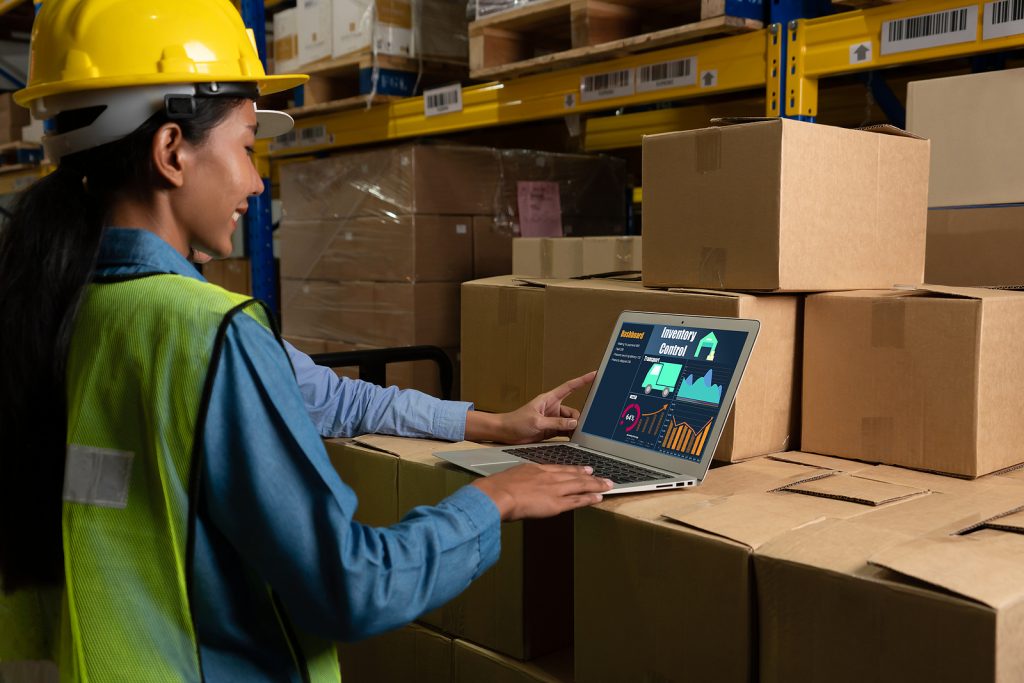Issues with proper software integration can affect the cohesiveness of your workflow. When different systems that each play an important role in your daily business functions aren’t working well together, compounding issues and inefficiencies arise. For businesses that want to remain competitive in their respective industries, integrating logistics into their business management software is essential to success.
Many companies — particularly, growing ecommerce brands — utilize a hodgepodge of systems, applications, and integrations to run their business. But over time, as the business starts to grow, those disparate solutions can leave its data in disarray. Logistics managers are often left spending valuable time looking for new platforms or using manual processes to correct pain points.
This is true for many enterprises looking to integrate shipping software with their Enterprise Resource Planning (ERP) platform. When it comes to logistics, it’s important that the approach is not simply a conglomeration of programs but a tightly integrated, seamless process. Here are some benefits to integrating ERP and shipping software.
Read on to learn more.
Improved Inventory Management & Control
When your eCommerce platform, ERP, and shipping software are integrated, data from across the sales cycle gets compiled into one centralized database. This means that your online platform will update the minute a shopping cart is emptied, or a purchase is complete. When this process operates automatically and in real-time, it means teams across your enterprise can maintain tighter control over their inventory and make important decisions based on up-to-date information.
Accurate & Actionable Analytics
When traditionally siloed machines are forced to work together, many people rely on manual work to do their jobs. Manual data entry risks errors and duplication. An integrated shipping system cuts down on manual tasks associated with logistics and inventory, resulting in more accurate and actionable analytics. Reports can be sent to stakeholders on a regular basis that give key decision-makers a realistic view of the health of the business.
Improved Customer Satisfaction
Proper integration helps with customer management and satisfaction in a variety of areas. Up-to-date information means that you’re able to provide customers with transparent product availability and shipping times. Additionally, customers may be able to perform self-service tasks such as verifying delivery dates. You’ll be able to free up time for customer support teams and focus on meeting the demands on your customers.
Superior Scalability
You can never be 100% sure when you’ll have an unprecedented order volume or some sort of virality — your software has to be future-proof, from end-to-end. When you properly integrate your enterprise-class ERP tool and shipping software, you’re able to safely scale. Ecommerce, in particular, is a competitive industry. If your systems aren’t reliable and scalable, your business can’t grow.
aACE+ ReadyCloud
aACE has partnered with ReadyCloud to deliver our customers a seamless and automated shipping integration. The two solutions work together to deliver information when you need it and reduce the need for manual data entry. Companies like Southwest Auto Accessories rely on the aACE and ReadyCloud integration to automate hundreds of shipments a day, manage and mitigate courier bills, and deliver products in a timely and efficient manner. Learn more about aACE + ReadyCloud.
